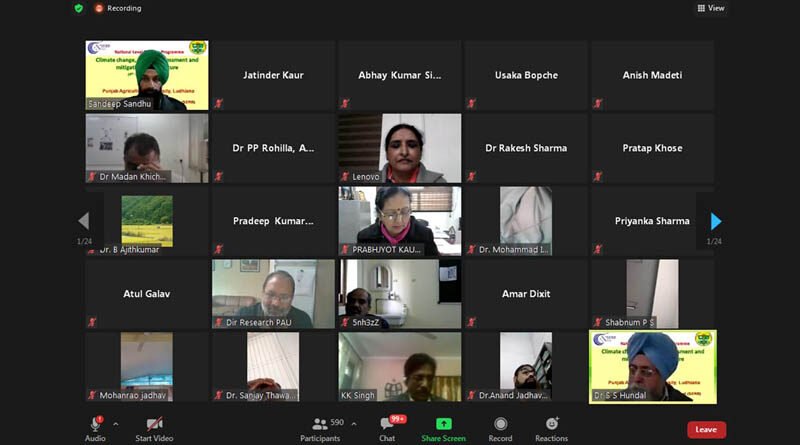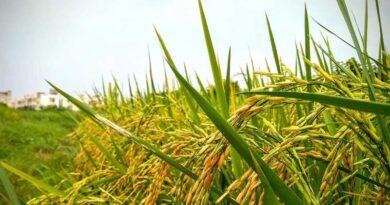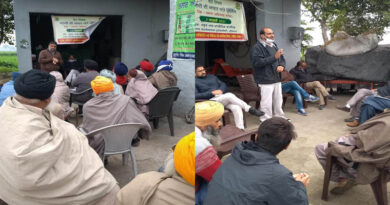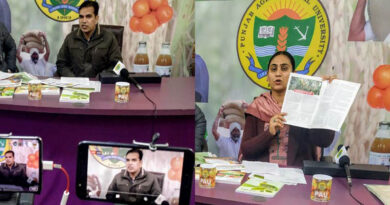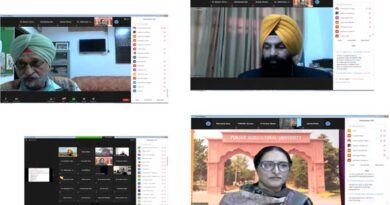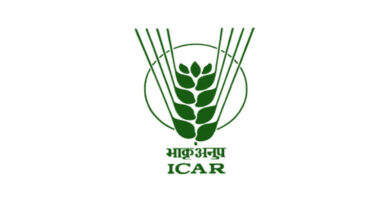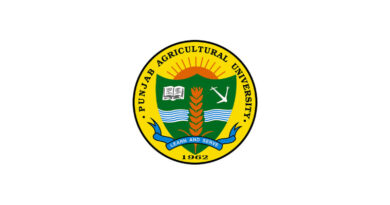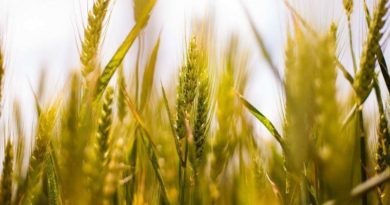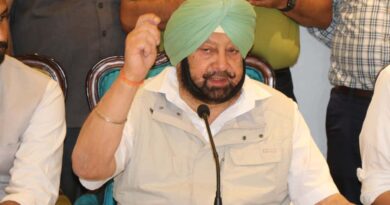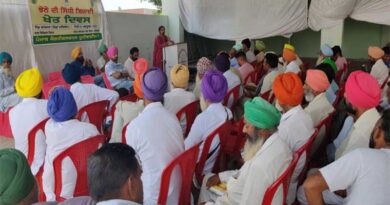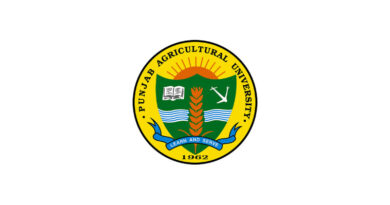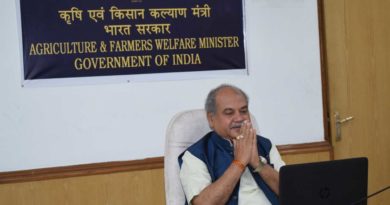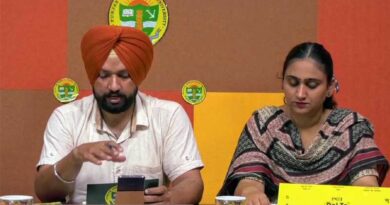National Level Training Programme On Climate Change Kicks Off At PAU
4 January 2021, Punjab, IN: A three-day training programme on “Climate Change, Impact, Assessment and Mitigation in Agriculture” began at Punjab Agricultural University (PAU) today. The programme has been jointly organized by PAU, Ludhiana and Science and Engineering Research Board (SERB), New Delhi. A total of 1,251 participants from different state agricultural universities of India, ICAR institutes, Forest Department, Irrigation Department, NGOs and overseas participants from Germany and USA have registered for the training. Out of these, as many as 580 participants attended the training on the first day.
Also Read: PAU Live Programme Completes 30 Episodes, Gains Momentum Among Farmers
In his presidential remarks, Dr Navtej Singh Bains, Director of Research, PAU, lauded the efforts of the Department of Climate Change and Agricultural Meteorology, PAU, in the organization of this national level training programme. He discussed the global scenario of climate change and highlighted the changes that occurred at national and state level during the previous years. He also shed light on future scenario. Expressing concern over climate change, Dr Bains said: “Efforts to combat climate change will have to focus on mitigation and adoption efforts across all the sectors, which include increased production without increasing the environmental footprint of agriculture by enhancing the knowledge and skills of the farmers.”
Dr SC Bhan, Director General (Meteorology), India Meteorological Department, New Delhi, observed, “Agriculture in Punjab is suffering despite technological advances like high yielding varieties, and crop production and protection technologies, thus, proving the role of weather in agriculture.” He also stressed upon to follow the IMD weather forecast and to adopt weather based agro-advisories for sustainable agriculture.
In her welcome address, Dr Prabhjyot Kaur, Head, Department of Climate Change and Agricultural Meteorology, said, “Agriculture with its emission of green house gases is a major contributor to climate change, but it also the worst sufferer due to impact of climate change.” She called for developing a robust knowledge sharing system in partnership with Agriculture Department, Agricultural Universities and Research Institutions to scale the adoption of climate smart agricultural practices.
The first technical session was chaired by Dr SS Hundal, former Head, Department of Climate Change and Agricultural Meteorology. He said the training programme will go a long way in understanding climate impact and assessment studies, and developing human resource for climate smart agriculture.
Dr KK Singh, Head, Agromet Advisory Services Division and Scientist ‘G’, India Meteorological Department, New Delhi, delivered a talk on “Climate Risk Assessment”, while Dr Vinay Sehgal, Professor, India Institute of Agricultural Research (IIAR), New Delhi spoke on “Analysing the Climate Variability and Extremes for Their Impact Assessment on Crops.” Dr RS Setia, Scientist SE, Punjab Remote Sensing Centre, Punjab and Dr AVM Subba Rao, Principal Scientist, Central Research Institute for Dryland Agriculture, Hyderabad, delivered lectures on “Application of Remote Sensing and GIS in Climate Change Research” and “Role of Crop Modeling in Climate Change Studies,” respectively.
Dr Sandeep Singh Sandhu, Course Coordinator, conducted the programme and apprised the participants of climate smart agriculture, an approach that helps guide actions needed to transform and reorient agricultural systems to effectively support development and ensure food security in changing climate.
Dr KK Gill, Agrometeorologist and Programme Coordinator, while proposing a vote of thanks, said the training programme will address the direct, indirect and socio-economic impact of climate change on agriculture. There is a dire need to scale up the technologies to enable farmers to cope with climate change, she added.

